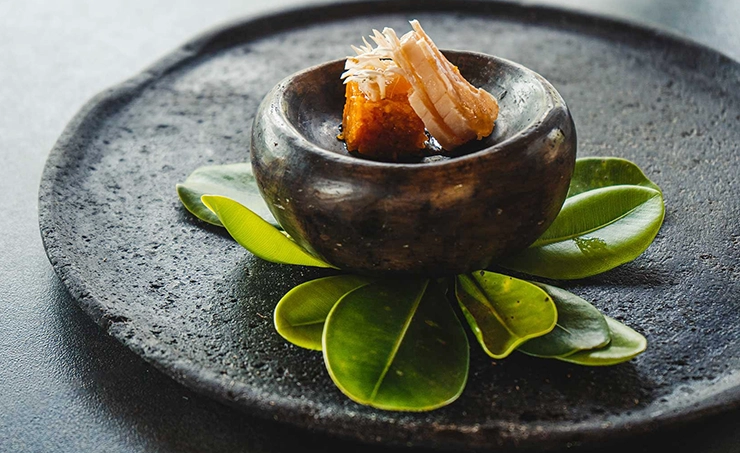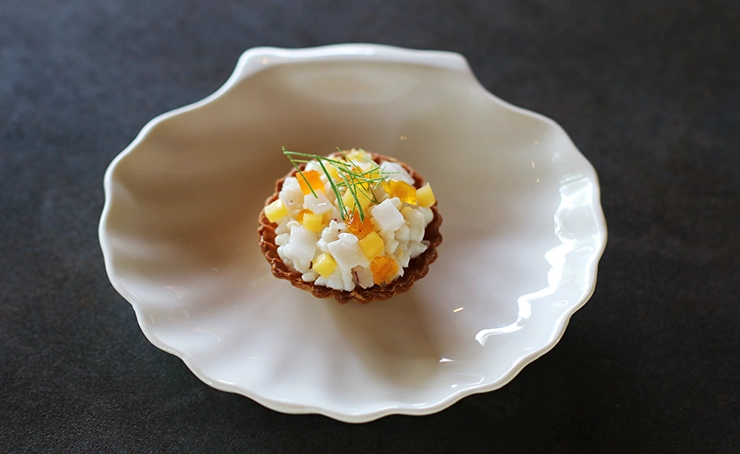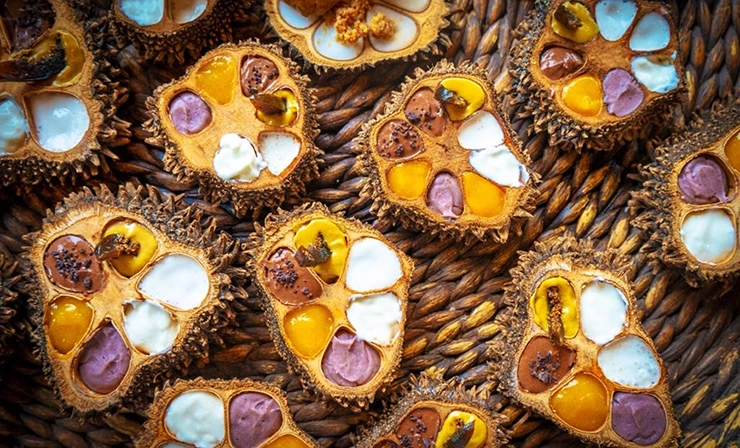Rodrigo Pacheco

The Fashiongton Post: What inspired you to not only pursue the culinary art of cooking but also get deeper into cultivating your own ingredients?
Rodrigo Pacheco: I grew up with this, I was in contact with nature since I was a child, I saw my grandfather cultivating plants, he had his own small biodiverse edible forest in his backyard, it always amazed me and I still remember the feeling and the smell of the plants.
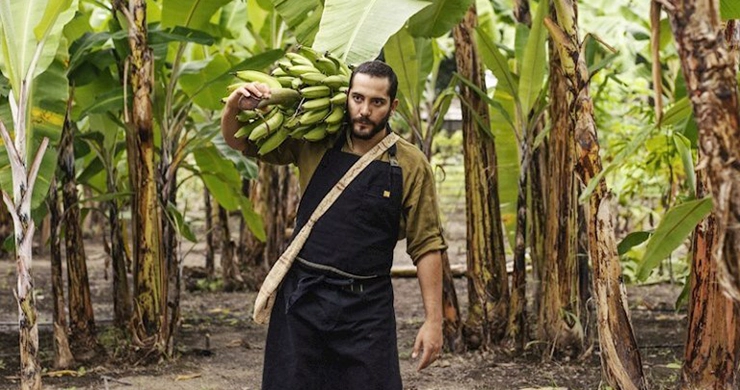
F.P.: How do you believe growing your own ingredients impacts the quality and flavor of your dishes compared to using store-bought ones?
R.P.: The best storage for each specie is their own tree or plant, our pantry is out there, fresh and ready to use, this is truly fresh food and the positive impact it has is just amazing, there is no chain supply needed, no transportation, from nature to the kitchen, this makes the difference, in quality and nutrition.
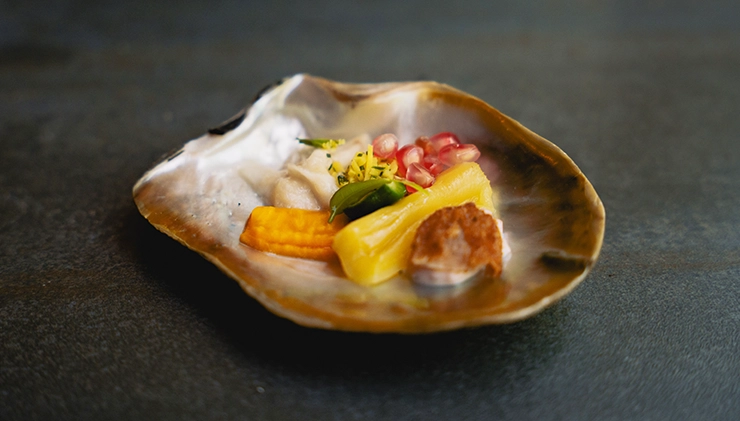
F.P.: What challenges have you faced in maintaining your own garden or farm, and how have you overcome them?
R.P.: Many challenges are faced every day: climate change, labor cost, it all requires a lot of patience and resilience to wait for seven years in order to harvest a fruit tree.
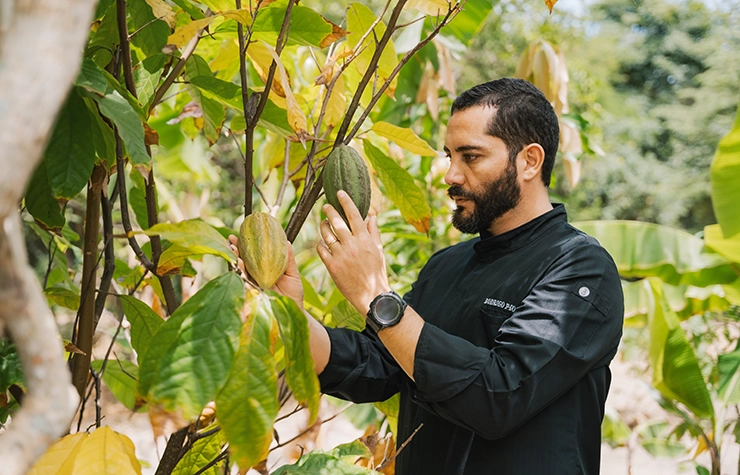
F.P.: How do you balance the demands of running a kitchen with the responsibilities of tending to your garden? How many people work at “Bocavaldivia”?
R.P.: My team consists of local indigenous people, and together with them we do all the work needed to supply the kitchen with the products, artisanal fishing, foraging, permaculture and ethnobotany. These activities provide us with a deeper connection and wisdom about the products and their ecosystem, and we share this with every guest. We are between 5 and 10 depending on how busy it gets.
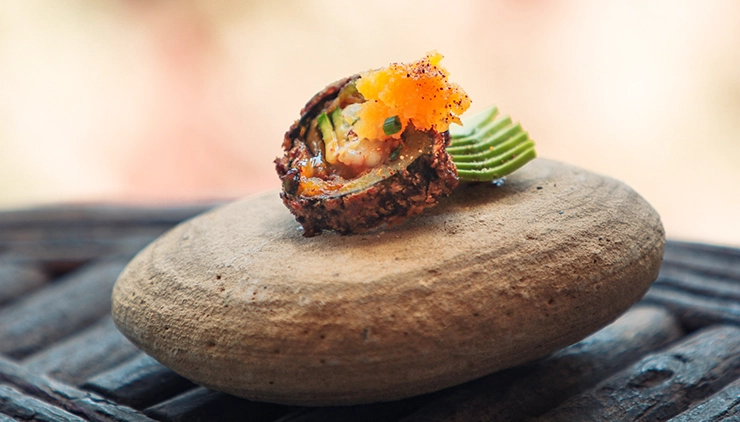
F.P.: Is there any story behind “Bocavaldivia” name and how did you come up with it, as well as with the concept of it?
R.P.: Yes, it’s inspired by the Valdivia culture in Ecuador, a coastal pre-hispanic culture that is believed to be the mother culture of the Americas, first in navigation, pottery and agriculture, around 7000 years ago. We are a contemporary version of his culture with culinary cosmovision.
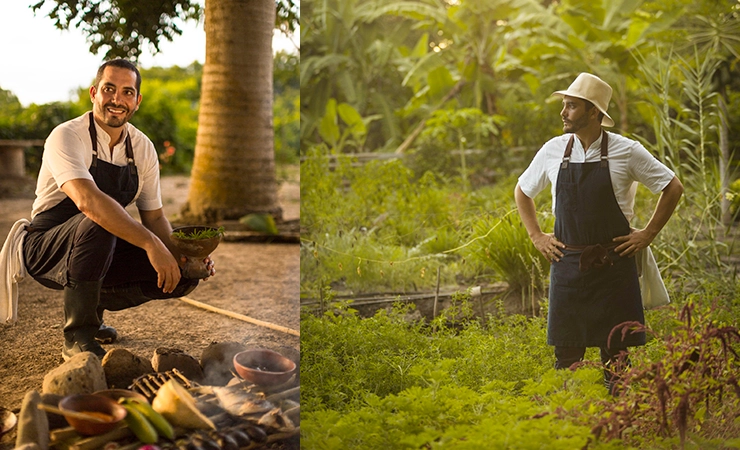
F.P.: Are there any specific ingredients that you find particularly rewarding or challenging to grow in Ecuador’s climate?
R.P.: Ecuador hosts 10% of all plant species on the planet, so we have an enormous variety of food and the seasons provide generous resources.
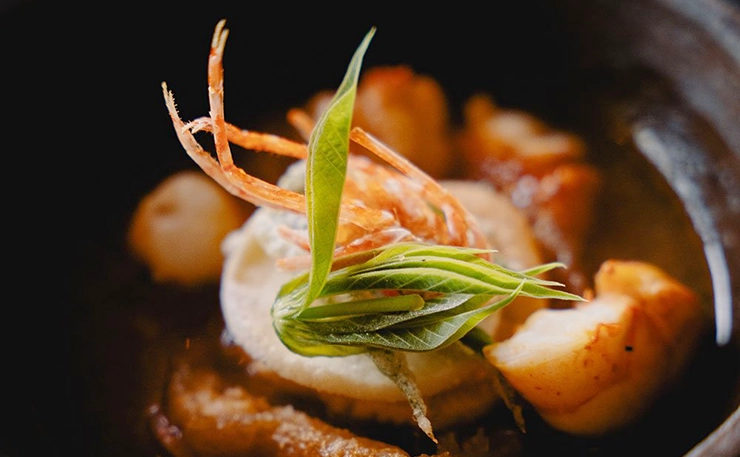
F.P.: How do you incorporate seasonal variations in your garden/farm into your menu planning and cooking?
R.P.: We don’t have a written menu, we have never had, we serve the harvest and catch of the day only. Sometimes we create up to two different tasting menus per day.
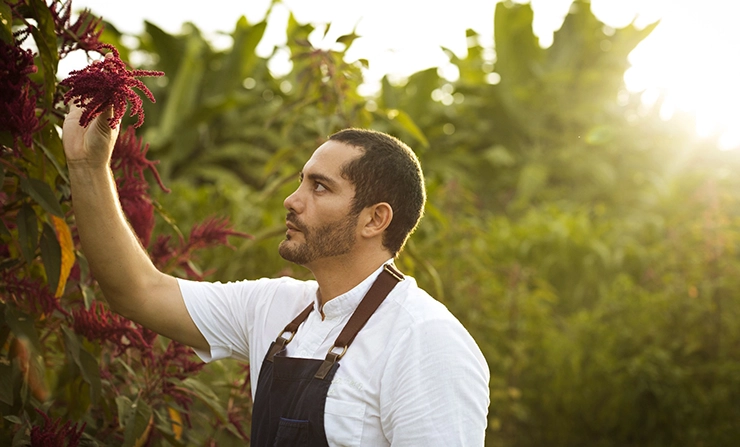
F.P.: As we know, Bocavaldivia serves fruits, vegetables, herbs and fish products. Do you also use meat or have any animals, or a little farm, for this purpose too?
R.P.: We are primarily pescatarians, although we sometimes share with our guests poultry, and sometimes we also serve some insects.
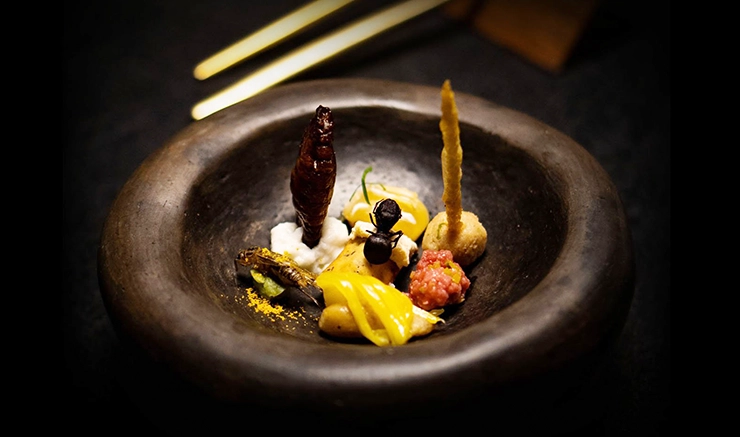
F.P.: What is your no-go ingredient which you do not or would not use in the dishes?
R.P.: Any species from the ocean that are listed as endangered or that would cause damage into the balance of an ecosystem.
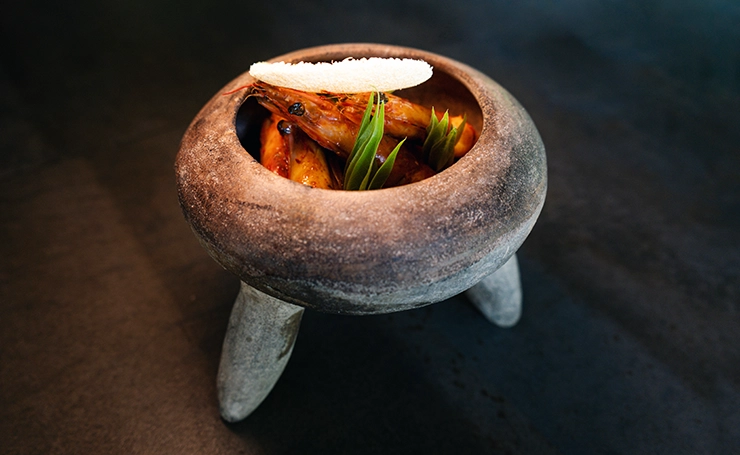
F.P.: What’s one cooking tip or technique that you wish more home cooks knew about?
R.P.: Work hand in hand with nature. Adapt its creativity to today’s need. Create culinary art to convey a message, to solve a problem, to transmit wisdom and knowledge.
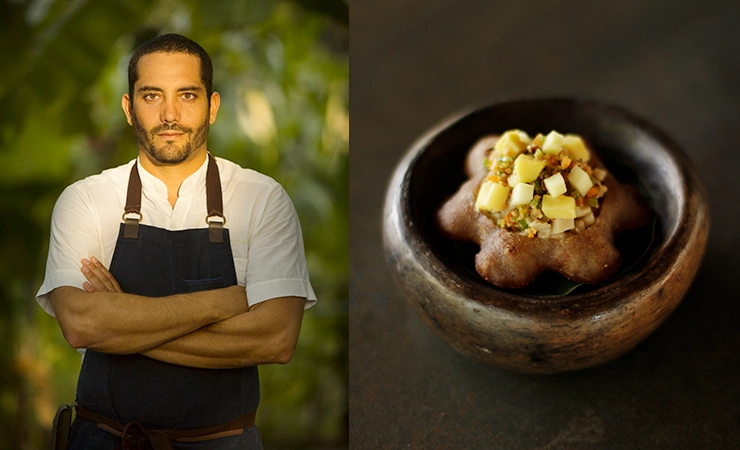
F.P.: What advice would you give to chefs who are interested in adopting a farm-to-table approach in their culinary endeavors?
R.P.: I would advise to have a very flexible menu or not to have a written menu at all, because this is the only way to be able to use the extended biodiversity that can be present in an orchard.
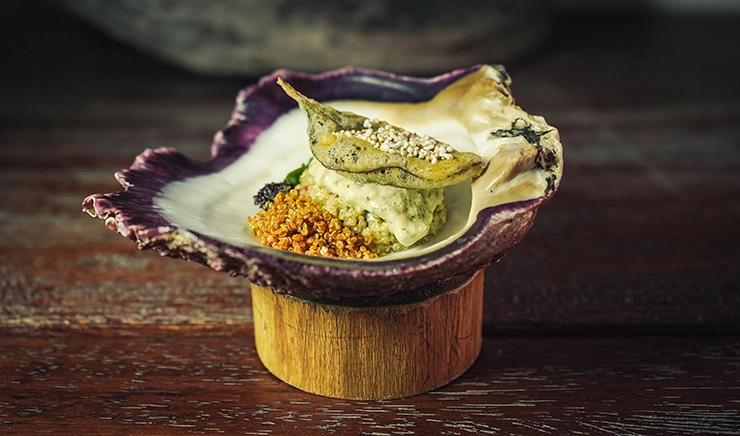
F.P.: What is the role of storytelling in your approach to creating a dining experience that engages all the senses?
R.P.: It is crucial to communicate accurately, there is an amazing story about our harmonious relationship with our surrounding universe, might as well share that story in a truthful, authentic and dynamic way.
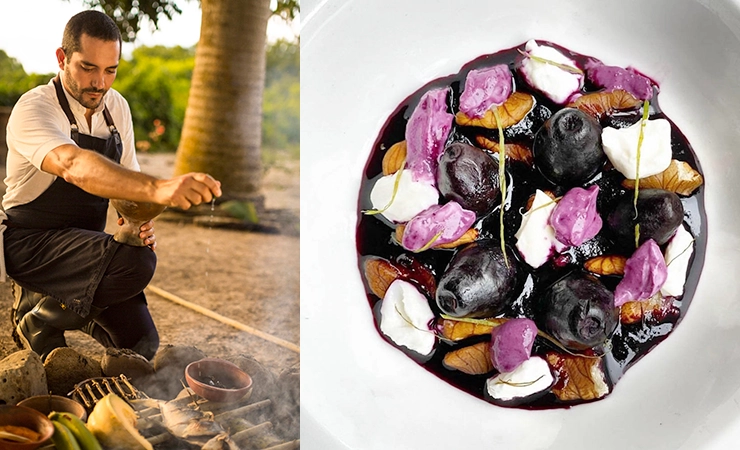
F.P.: Your piece of advice to culinary and fashion inspired readers of The Fashiongton Post?
R.P.: Go out to nature, and be inspired!
